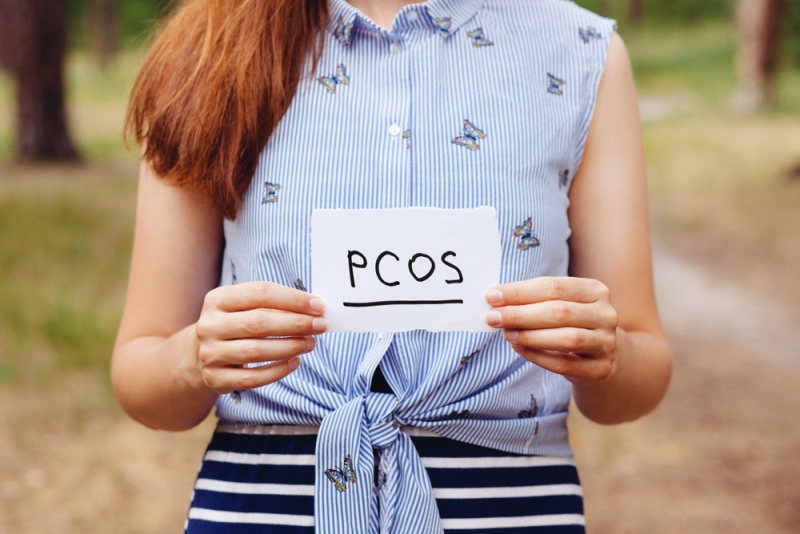A diagnosis of PCOS is one of the most common given to women in the UK. The NHS estimates as many as one in twenty women may be affected, but it’s not well understood, even by those living with the condition. Women’s reproductive health issues can be poorly explained by doctors, or there may simply not be the time available in an appointment to explain it fully and satisfyingly.
Today we’re looking to redress this balance by giving a place to begin your online research about the effects and treatments of PCOS.
What’s in a Name?
PCOS is short for Polycystic Ovary Syndrome. It’s also known as Polycystic Ovarian Syndrome, and Polycystic Ovary Disease (in which case it is abbreviated to PCOD). The name means ‘Many cysts in the ovaries”, and refers to one of the most dramatic symptoms of the condition: PCOS, ovulation and fertility are linked: interruptions to the menstrual cycle can delay or prevent ovulation, leading to the ovaries becoming swollen with unovulated eggs in their fluid filled sacs (‘follicles’) which resemble cysts.
Other symptoms can include weight gain, hair loss, hirsutism (unwanted hair growth), skin pigmentation and anxiety and low mood. Because it affects your hormone system, the condition has the ability to affect almost any part of your body!
What Causes PCOS?
Doctors still don’t know what causes PCOS to trigger in some women rather than others, but they do know that when it does trigger, it causes your body to produce too much insulin. This hormone, which is used to control the level of blood sugar in the body, has dramatic effects when your body makes too much. It can lead to weight gain (and the serious feedback loop of insulin resistance), and it also leads to your body producing too much Oestrogen (which is manufactured in fat cells) and Androgen (primarily Testosterone, normally thought of as the male sex hormone).
It’s the actions and interactions of these three hormones that lead to all of the symptoms that make up PCOS.
Treating the Condition
There’s no cure for PCOS, but there are ways for you to manage the symptoms – most noticeably, to help counteract the effect it has on your fertility.
One of the most significant things you can do is alter your diet. A low-GI diet with lots of whole grains and pulses breaks down more slowly, releasing sugars into your system more slowly and regularly, leading to a similarly regular production of insulin. If you can bring your insulin levels under control, you can relieve all the symptoms of PCOS!

